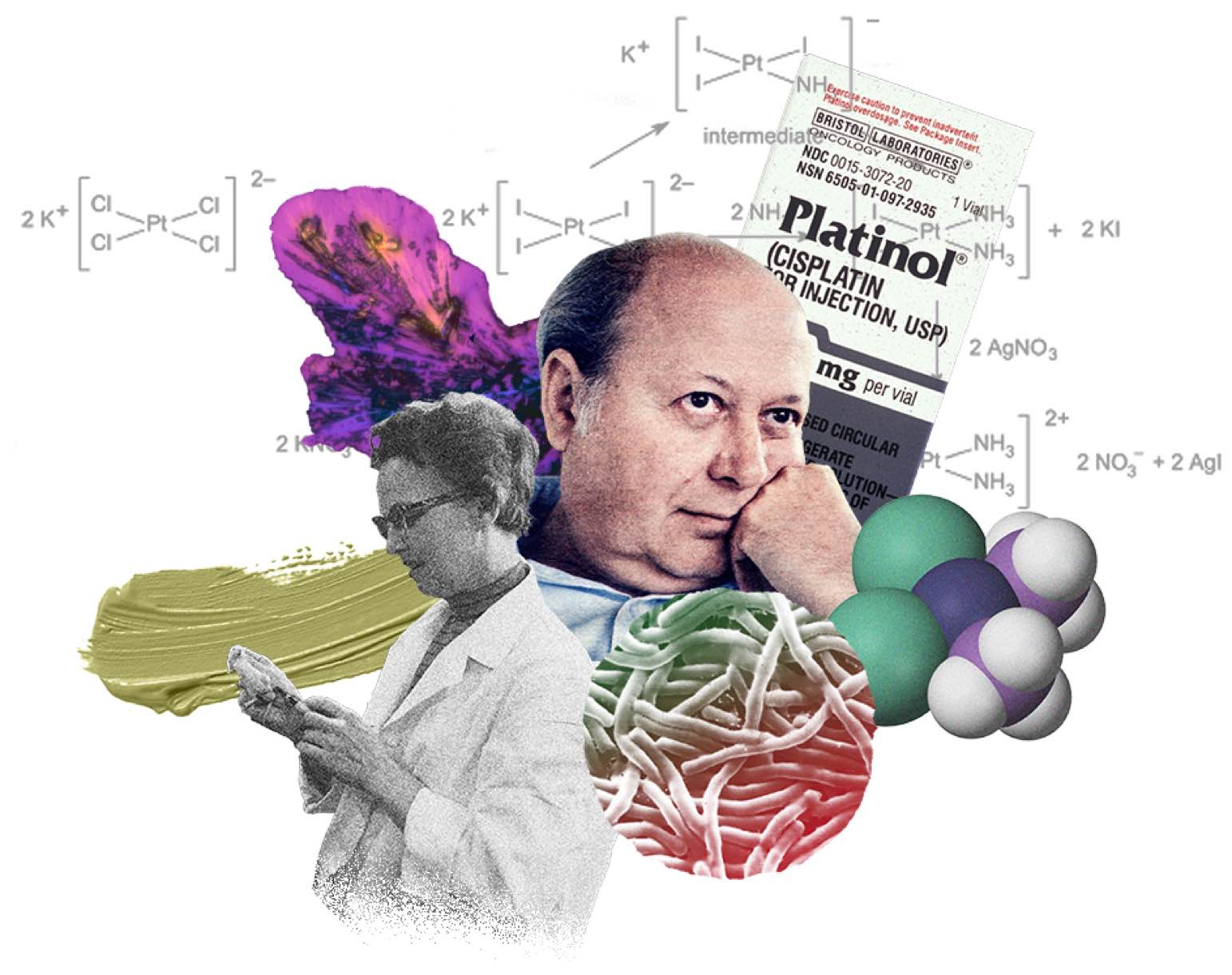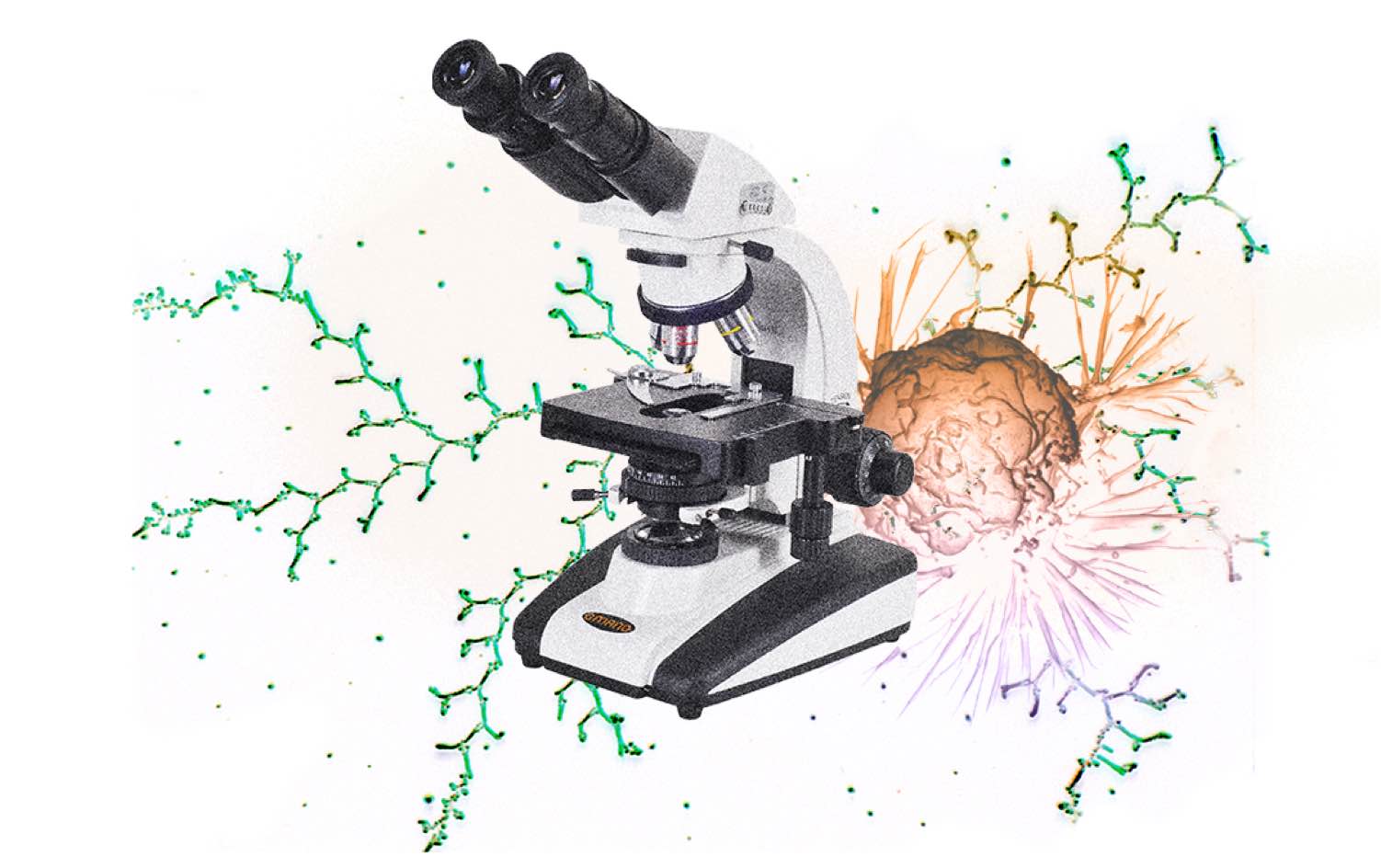Legendary figure skater Scott Hamilton has been diagnosed with cancer three times.
In 1997, Hamilton, who won gold at the 1984 Winter Olympics, was diagnosed with stage 3 testicular cancer, which had spread to his stomach.
When they told me, I was like, ‘I want it to be something else,’” Hamilton says. “But they said, ‘No, this is a good one to get, if you had to choose one,’ which is kind of crazy. But I’m grateful there was a proven treatment. I know many cancers don’t really have one.
That proven treatment was cisplatin. Created in 1844 by an Italian chemist, cisplatin’s use as a cancer treatment was discovered at Michigan State University in 1965.
The chemical compound—which prevents the DNA in cancer cells from replicating, confusing them and causing them to die—is used to treat many types of cancer, but is most widely prescribed for testicular, ovarian, bladder, lung and stomach cancers. With a cure rate north of 90 percent for testicular cancer, cisplatin has become the gold standard to which many new cancer medicines are compared.
This year marks the 40th anniversary of the anti-cancer drug’s approval by the Food and Drug Administration, an event significant to cancer patients and the medical community, but also to Michigan State University’s research legacy.



